Profile:
Yuto Kikuchi, Japanese, born in 1992, prosthetist, currently residing in Shijiazhuang, serving as the Technical Director at Hebei Impact Medical Technology Co., Ltd.
Reading Tips:
"1200 kilometers! I actually took a flight here from Hangzhou."
On September 21st, Shijiazhuang, Hebei Impact Medical Technology Co., Ltd. A lady from Hangzhou lightly taps her right lower leg, repeatedly emphasizing the long distance she has traveled to the reporters.
Six months ago, this lady had her right lower leg amputated due to a car accident. This time, she traveled a long distance to find Yuto Kikuchi, a Japanese prosthetist working here.
Before wearing the formal prosthesis, it's necessary to change the experimental socket multiple times based on the recovery situation after amputation. This is the fourth time this lady with mobility difficulties has come here specifically. She feels fortunate to have met Yuto Kikuchi, "I underwent skin grafting surgery on my leg during amputation. The skin is very thin. Many people would wear out their skin when initially using prostheses, but until now, I haven't worn out any skin at all."
Recently, reporters interviewed Yuto Kikuchi and his Chinese colleague, Ding Ningning.
Reporter: I heard you were born into a Japanese prosthetics orthotics family?
Yuto Kikuchi: My grandfather and father are both registered prosthetists and orthotists in Japan. Due to their excellent skills, they are well-known in Japan's prosthetics industry.
I was influenced by them since I was young. I majored in Prosthetics and Orthotics in the Department of Health Sciences at the University of Human Arts and Sciences in Japan. After graduating, I worked at the Saitama Prefecture Urawa Orthopedic Prosthetic Manufacturing Company, where my father used to work.
Reporter: You have a professional background and a deep family resource accumulation. You should have had good prospects in Japan. Why did you decide to come to China?
Yuto Kikuchi: I came to China, to Shijiazhuang, mainly because of my good friend Ding Ningning - he is from Shijiazhuang.
Reporter: Were you classmates in college?
Ding Ningning: Yes. I graduated from high school in 2009 and went abroad to study. When I first arrived in Japan, I was very confused about what major to choose in college. At that time, I happened to meet a senior who was studying for a Ph.D. in Rehabilitation Medicine, and he suggested that I apply for Prosthetics and Orthotics. Although prosthetics and orthotics are well-developed in Japan, it's relatively niche for Chinese people. Before me, no Chinese had chosen this major while studying abroad in Japan.
Yuto Kikuchi: He was excellent and successfully obtained professional qualifications certified by the Japanese government. It is said that he was the first Chinese to obtain such a qualification.
Ding Ningning: Initially, I didn't expect to be the "first" in this field, nor did I expect to meet a good friend like Yuto in a foreign country, a partner who can venture together across borders.
Yuto Kikuchi: We had a good relationship during college. In 2015, when I graduated from university, I traveled to China with Ding Ningning for graduation trip. That was my first time in China, and I felt that China's economy was developing well. I went to Beijing, Tianjin, and Shijiazhuang. I especially love Beijing roast duck and donkey meat from Zhaoxian.
Reporter: (Laughs) So, you had already laid the groundwork for starting a business in Shijiazhuang then.
Ding Ningning: After graduating from university, I returned to China to work. I worked as a technical supervisor in a top prosthetics studio in China. In 2018, I resigned and returned to Shijiazhuang to establish Hebei Impact Medical Technology Co., Ltd.
Yuto Kikuchi: Initially, Ding Ningning invited me to come to Shijiazhuang to start a business with him, and I hesitated. After all, I had never thought about working alone in a foreign country. But later, I began to seriously consider his suggestion. China has a large population, and there are also many disabled people. I believe working here will definitely accumulate a lot of experience and improve my technical skills. So, at the end of 2019, I came to Shijiazhuang and became the technical director of the company.
Reporter: For the general public, prosthetics and orthotics is a relatively niche field. I heard that it requires very high professional skills?
Yuto Kikuchi: A prosthesis is an aid when applied correctly, and a punishment when falsely. This is a widely circulated saying in the prosthesis circle.
Prosthetics and orthotics is an interdisciplinary field. In university, our major involves over 60 disciplines such as anatomy, kinesiology, biomechanics, and material mechanics. For example, making prostheses involves cutting, bending, grinding, etc., which requires knowledge of engineering; before making a prosthesis, it's necessary to understand how much muscle function remains after amputation and then make the prosthesis according to the patient's physical condition, which involves knowledge of anatomy and physiology.
A truly good prosthesis should be custom-made to perfectly fit the patient's body, rather than being a one-size-fits-all product.
Reporter: I heard that many celebrities come to you for prostheses?
Yuto Kikuchi: Before I joined the company, Ding Ningning had made prostheses for Xia Boyu, the first Chinese double amputee to summit Mount Everest. In 2018, Xia Boyu climbed Mount Everest wearing prostheses made by Ding Ningning. He also provided technical support to Ma Jingqian, a three-time Paralympic Games champion, and Zhao Yiqing, a member of the table tennis team champion of the Tokyo Paralympic Games.
In 2021, before the Tokyo Paralympic Games, we provided technical services to the national disabled table tennis team training in Zhengding, Shijiazhuang. Some athletes even came to thank us with gold medals.
However, in our eyes, there is no distinction between celebrities and non-celebrities. We just hope to use our skills to reshape a perfect life for the patients who come to us.
Reporter: Have there been any patients who left a deep impression on you?
Yuto Kikuchi: In my three years in China, I've helped over 100 customers with prostheses. The most memorable one was a big brother from Chengde. He had his thigh amputated, but with the prostheses I made for him, he walks over 30,000 steps every day. He can even jog and play with his children. His child says he has an Iron Man dad.
His spirit deeply touched me and motivated me to use better technology to give back to the patients.
The Prosthetic Assembly Work in China Is Receiving More Attention
Reporter: Having engaged in prosthetics and orthotics in China, what aspects do you feel need improvement?
Yuto Kikuchi: I feel that in China, there's room for improvement in people's awareness of orthotics. Actually, in Japan, compared to prosthetics, I dealt with more orthotics. In China, many people, after experiencing some limb issues, fail to fully realize the need for orthotic devices to improve their limb conditions.
Moreover, China's rehabilitation therapy system needs further improvement. Rehabilitation therapy is a comprehensive system that requires cooperation among doctors, physiotherapists, orthotists, and others. In Japan, we can be more involved in the early treatment of patients. Before performing an amputation surgery, doctors would consult us for advice on where to retain the limb for the best outcome in the later stages of life. But currently in China, there is still a lack of communication among various practitioners, which easily leads to working in isolation.
Reporter: In the past few years in China, have there been any positive changes in the field of prosthetics and orthotics?
Yuto Kikuchi: Indeed, there have been many positive changes. Now, some collaborating hospitals would call us before amputating patients to discuss how to perform surgery more conducive to the patient's later rehabilitation. We also feel that with the development of the Chinese economy, disabled people coming to us can now afford higher-end prostheses.
Furthermore, China exempts companies producing and assembling special equipment for disabled persons from corporate income tax. This not only reduces the burden on our company but also benefits the patients more.
Ding Ningning: I have a deeper feeling about this positive change. Currently, there are about 2,000 people in China who have qualifications related to prosthetics and orthotics. Although compared to the number of physically disabled people in China, these people are far from meeting the demand, and both the number and the technical level of practitioners need further improvement, but compared to over a decade ago, this is already a significant progress. I believe such changes are inseparable from the development of China's economy and the cause of the disabled.
What makes me even happier is that the training of prosthetic assembly talents is receiving more and more attention. I personally participated in the preparation of the "National Vocational Skills Training and Evaluation Textbook for Prosthetic Assembly Workers" dedicated to civil affairs vocational skills level certification. I believe that with more attention paid to this field, there will be more talents in prosthetics and orthotics in China.
Reporter: Mr. Kikuchi speaks Chinese very well, so you must have adapted well to life in Shijiazhuang, right?
Yuto Kikuchi: I've basically adapted to life here, but occasionally I still don't quite understand the meaning of Chinese (laughs). I like playing soccer and have met many Chinese friends on the green field. At the company, I can often have meals and chat with patients who have custom-made prostheses, which is hard to imagine in Japan.
Hebei attaches great importance to foreign experts. In May of this year, I was also invited to attend the Foreign Expert Friendship Association in Shijiazhuang High-tech Zone, visit some enterprises in Shijiazhuang High-tech Zone, and gain a deeper understanding of the development of Shijiazhuang.
What makes me happiest is that Hebei's Health QR Code System recently launched the service function for inbound personnel to Hebei. We foreigners can also conveniently use services such as scanning codes, nucleic acid testing, and querying big data itinerary cards. I feel that the life of foreigners in Hebei is becoming more and more convenient.

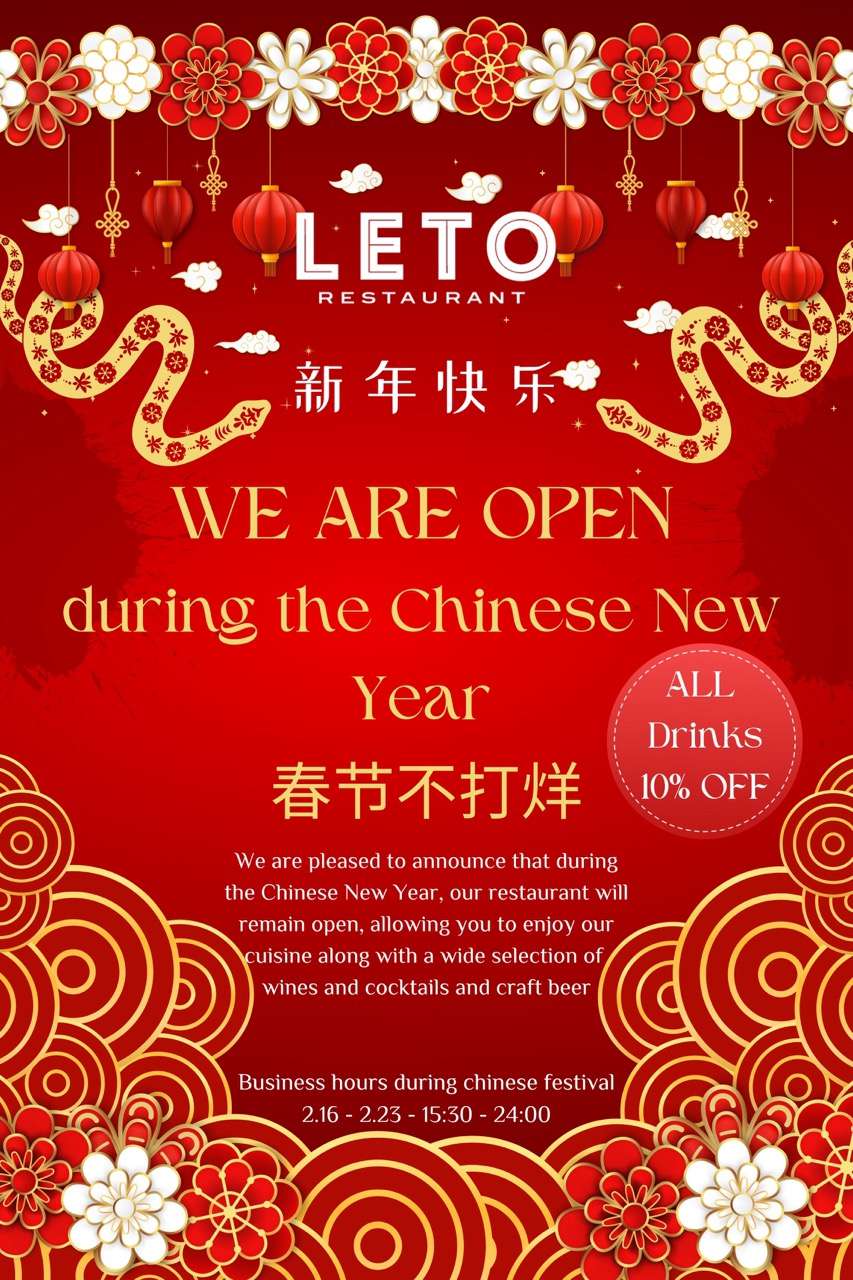






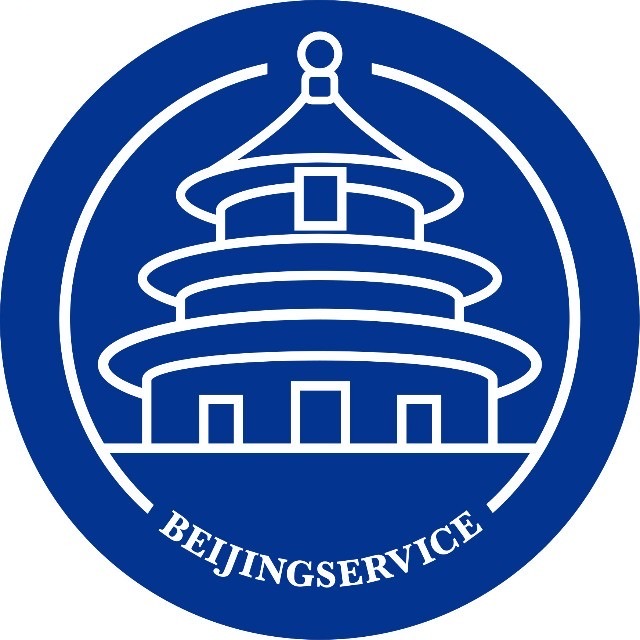
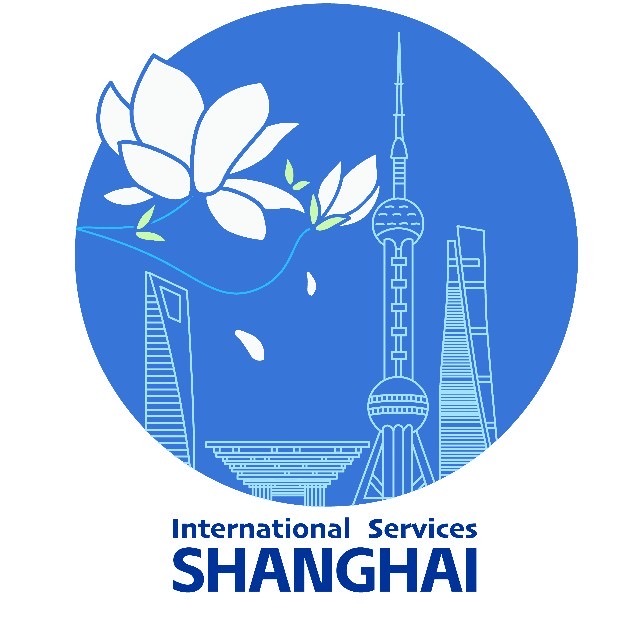

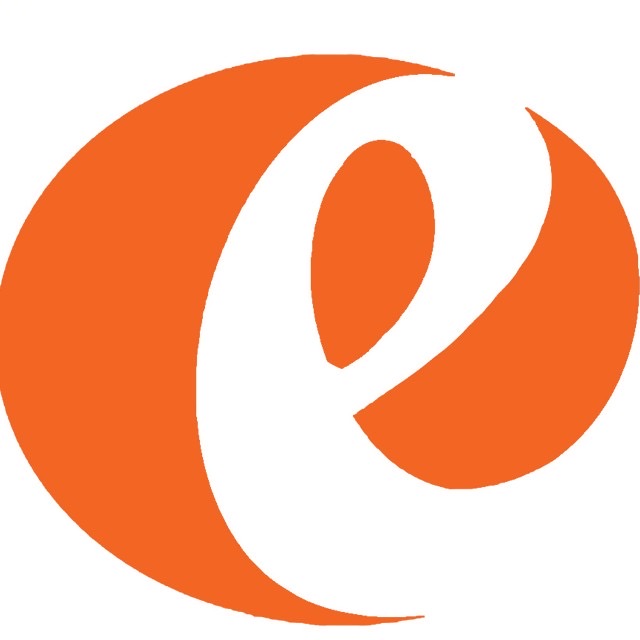

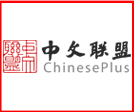
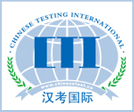
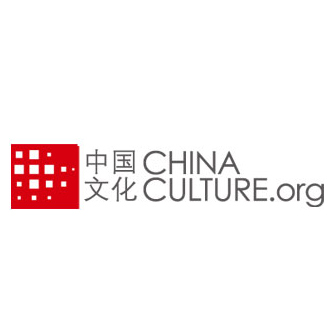
 京公网安备
京公网安备